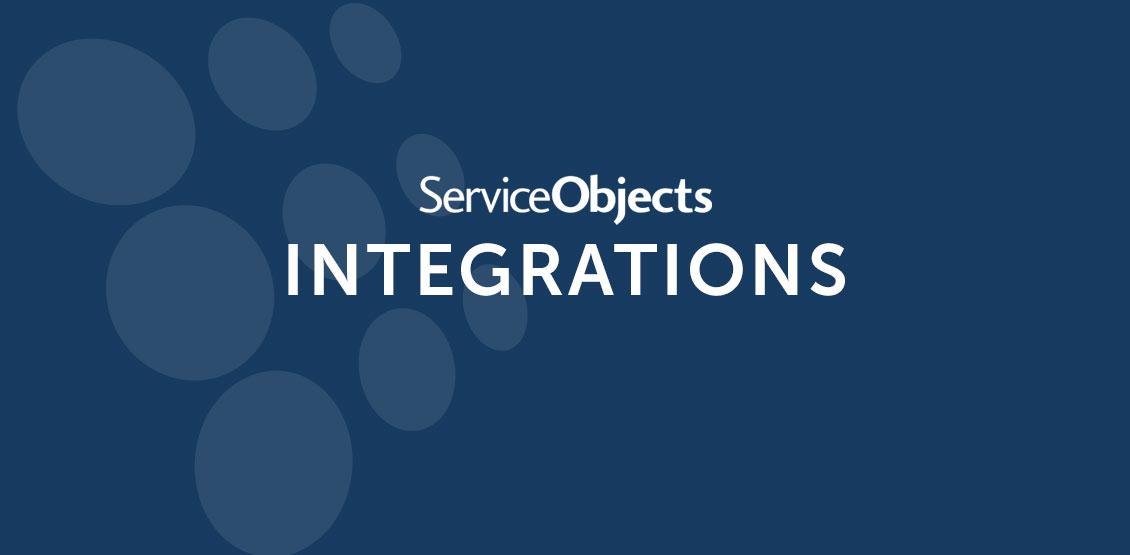Here at Service Objects we come across a lot of names, particularly the names of places. We also work with a lot of personal names, but for now I would like to focus on just place names. Whether the name is for a city, town, village, hamlet, district, region, state, prefecture, mining area, national park, theme park or what have you; chances are that the place may have one or more even alternate spellings and alternate names associated with it.
For a human fluent in English, “North Carolina” and “N. Carolina” will be considered equal, but for a computer they are not. With the use of fuzzy-matching and/or standardization we can work around seemingly trivial issues like this. Now let us suppose that you are working with a set of Japanese data and come across the same name but written in Katakana “ノースカロライナ” or Ukrainian data written in Cyrillic “Північна Кароліна” or even Thai “รัฐนอร์ทแคโรไลนา”. Well, fuzzy-matching and standardization are still our friends; we just have more fuzzy-matching and standardization rules to consider. However, we first need to ensure that we even have the data available to associate a name in a different language.
We’ve been creating a list of place names to help us tackle problems like the ones mentioned above. We currently have a list of over five million unique place names generated from a pool of approximately 11 million names. We are aggregating name data to come up with a more comprehensive list that consists of known alternates, variations in spellings, different languages and the transliterated versions for the different languages.
Here’s a quick look at what we have accomplished, so far:
- Current list of approximately eight million place names and growing
- Transliteration and phonetic mappings for various languages
- Case, accent and kana sensitivity handling
- Queryable using fuzzy-matching algorithms
We have taken some of what we have learned from our DOTS Address Validation – International service and built upon it in order to improve data beyond the realm of just address validation. When working with Phone, Email, IP, Demographic and Geo-coordinate related data we too often find that location names do not match up. Naturally this is to be expected, since different data vendors will have different standardizations and practices when it comes to naming conventions. Utilizing a comprehensive place name library will allow us to quickly perform various actions, such as cross checking multiple data sources against each other with increased flexibility and match rates.
It may not be immediately apparent how useful a place name library like this is and what kind of avenues it can open up, but expect to see new and exciting developments from us in the coming months!





